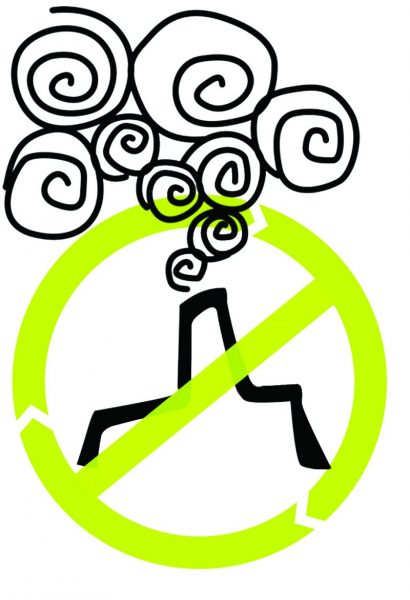Aradhya Sharma, a 10th grader at Singapore School, Bona Vista reminds us of the hazards of burning rubbish and the importance of practicing the three Rs for the future of our planet.
Many believe that burning trash is the easiest way to get rid of it; just set it on fire and ‘poof’, it disappears! But have they cared to uncover the truth behind this? In reality, do these flames consume every single bit of trash? I’m sorry to disappoint you, but it’s a big no! Instead of resolving the issue, it transforms it into poisonous gases and fumes, leading us to worse problems taking longer to solve.
In ancient times, the traditional method of ‘burning to clean’ was considered the best solution to manage trash – and maybe it was! But today’s garbage is a lot more challenging, as it contains more plastic and chemical-coated items, which cannot be completely removed. For example, look at how coffee or tea used to come. Now, for our convenience, they come in smaller plastic packets, generating more waste. And where does all this plastic go? They all reach wayside garbage dumps where they are burnt. However, these don’t burn completely, instead, they transform into smoke and fumes which are very hazardous to all life forms and are released primarily into the air, where they are easily inhaled.
I noticed in Lebak Bulus, South Jakarta, everyone burns trash: hospitals, offices and even schools! Even the children are not spared, for they are regularly exposed to these perilous gases during their play hours. This inadvertently takes a toll on their health. Moreover, the ash that is left behind contains concentrated amounts of toxic materials that blow around and even seep through the soil into the groundwater tables. This ultimately pollutes the very source of drinking water too. Furthermore, these together—the air and water pollution—can aggravate the risk of heart disease, respiratory ailments such as asthma and emphysema, and cause allergies, or headaches. There was a new regulation issued in February 2005 making trash burning illegal, but just having laws isn’t enough unless they are enforced. It’s time for the people of Indonesia to adopt better practices to ensure a safe and clean environment, to lead a long and healthy life.
“If we don’t burn trash, then it will just fill up landfills and dirty the city,” many may say. So why don’t we find another solution? Why don’t we recycle some of the things found in our trash? Yes, maybe most items found in our trash are not degradable, but I’m sure there are many that can be recycled.
For example, recently the dailies applauded the efforts of an Indian senior citizen who successfully set up a roof garden reusing discarded plastic bottles alone! Isn’t this a very innovative way of reusing plastic, which otherwise poses a threat to the environment and even to our lives? In addition to this, voluntary organizations can be invited to lend a hand in tackling this issue. We should even promote small-scale industries which collect, recycle, and reuse this waste.
Trash management has always been a pain in the neck. The sooner we tackle this issue, the safer the planet will be for life. Hence, we need to adopt better ways to manage trash than burning it. The three Rs, ‘Reduce, Reuse and Recycle’, should be our slogan in these modern times, not ‘burn and clean’. It’s time for a change. It may not be easy, but it all has to start somewhere, so why not now?




